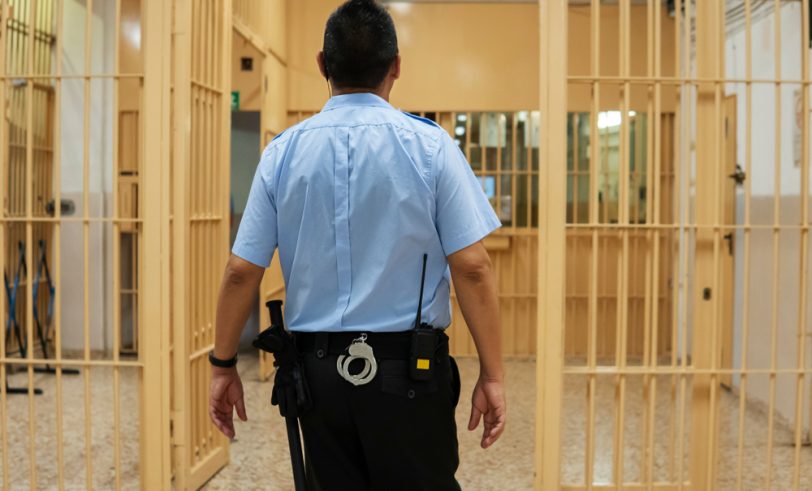For the past few months, a fascinating labor dispute has been developing down in Jefferson City. Starting in December, the state ended automatic dues deductions for the Missouri Corrections Officers Association (MCOA, or MOCOA) more than a year after the technical expiration of the union’s contract with the state. Late last month, the St. Louis Post-Dispatch provided an update on the situation, revealing that the union was on the verge of closing completely as result of a drop in dues payments by corrections officers.
But starting in paragraph four, a massive story—with greater implications than a simple story of institutional failure—begins to emerge. The reason the union is going “out of business” isn’t just because it’s short on money; it’s because over 95% of the employees were choosing not to pay the MCOA for its representation. (Emphasis mine)
In December, Parson’s Office of Administration announced it would end dues withholding for 5,500 employees who oversee some of the state’s most dangerous rapists, murderers and drug dealers.
The administration said it ended payroll deduction because the union’s contract had expired. It was not clear, however, why the decision came in December because the contract had expired in September.
But as of Friday, the effect of that decision was clear: Just 209 of those workers are paying dues to the union, despite attempts by the MCOA to convince guards to continue paying.
That’s an extraordinary figure. Months after it became clear the government wouldn’t be withholding dues for the union, fewer than 4 percent of the covered employees chose to continue funding the organization. That so many of these workers have decided not to renew their union memberships makes the implied, potentially decades-long wrong committed against these employees all the more extraordinary.
How much money was redirected to a union that apparently didn’t have the support of its members? How much money is being redirected to other unions right now that don’t have the support of their membership?
Whether it’s a statewide union or a local union, government workers should have a regular opportunity to opt into paying union dues—or to simply keep their money. It’s appalling that the MCOA was able to survive so long without the apparent support of its members, and it’s broadly concerning for all other public union members for whom the government remains a union dues collector.



